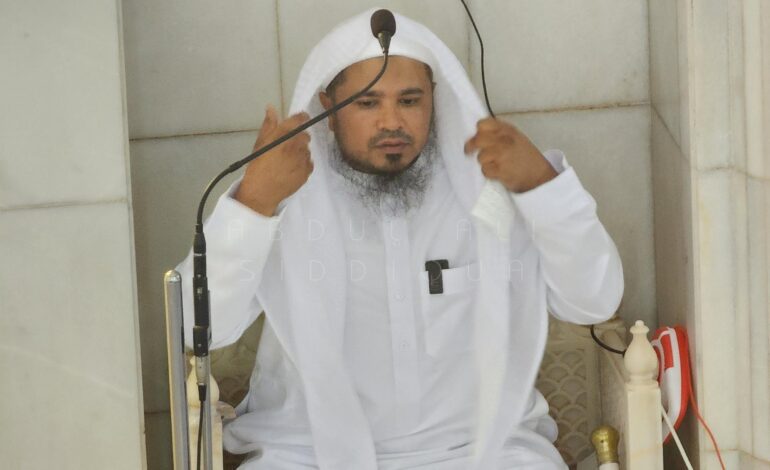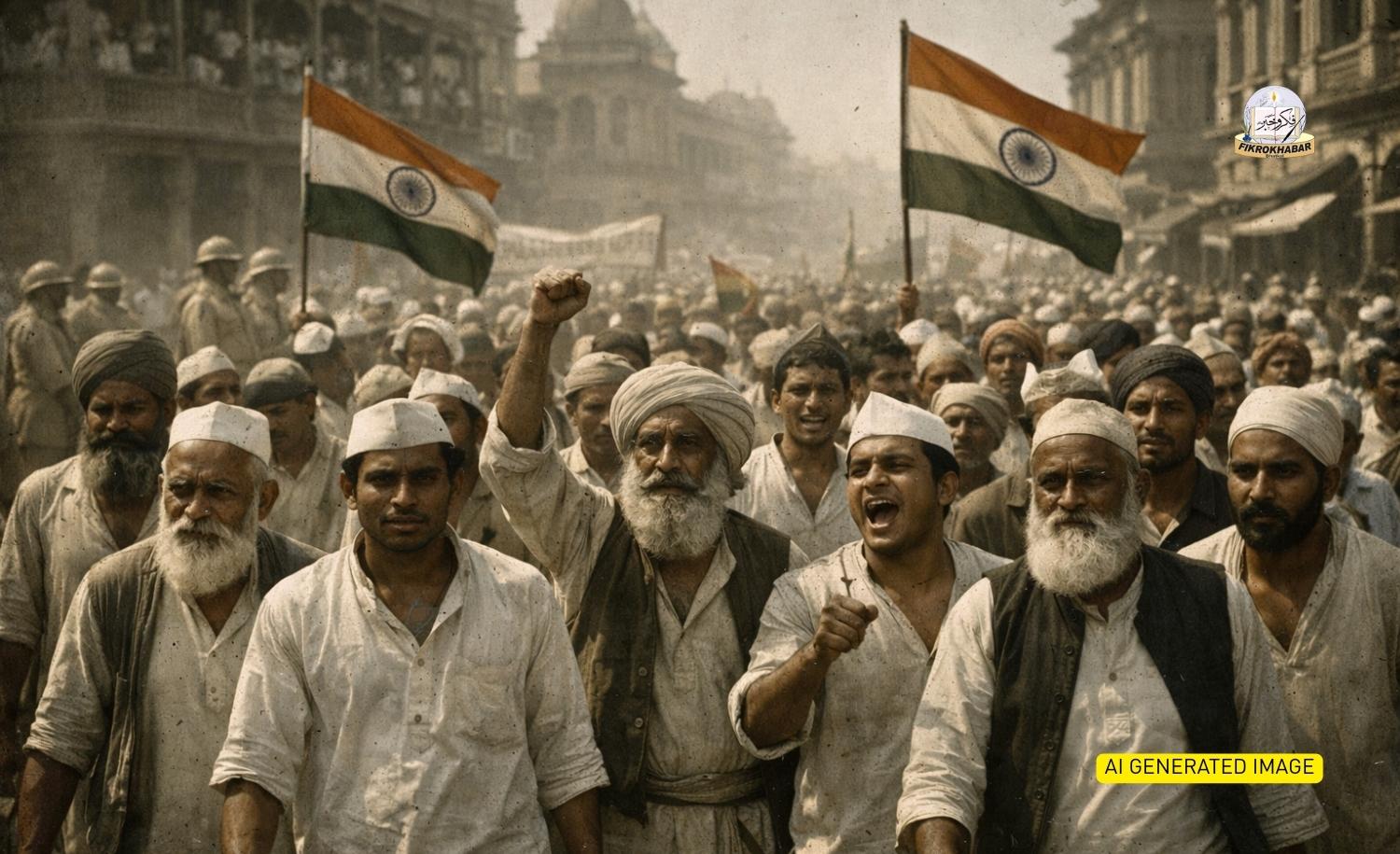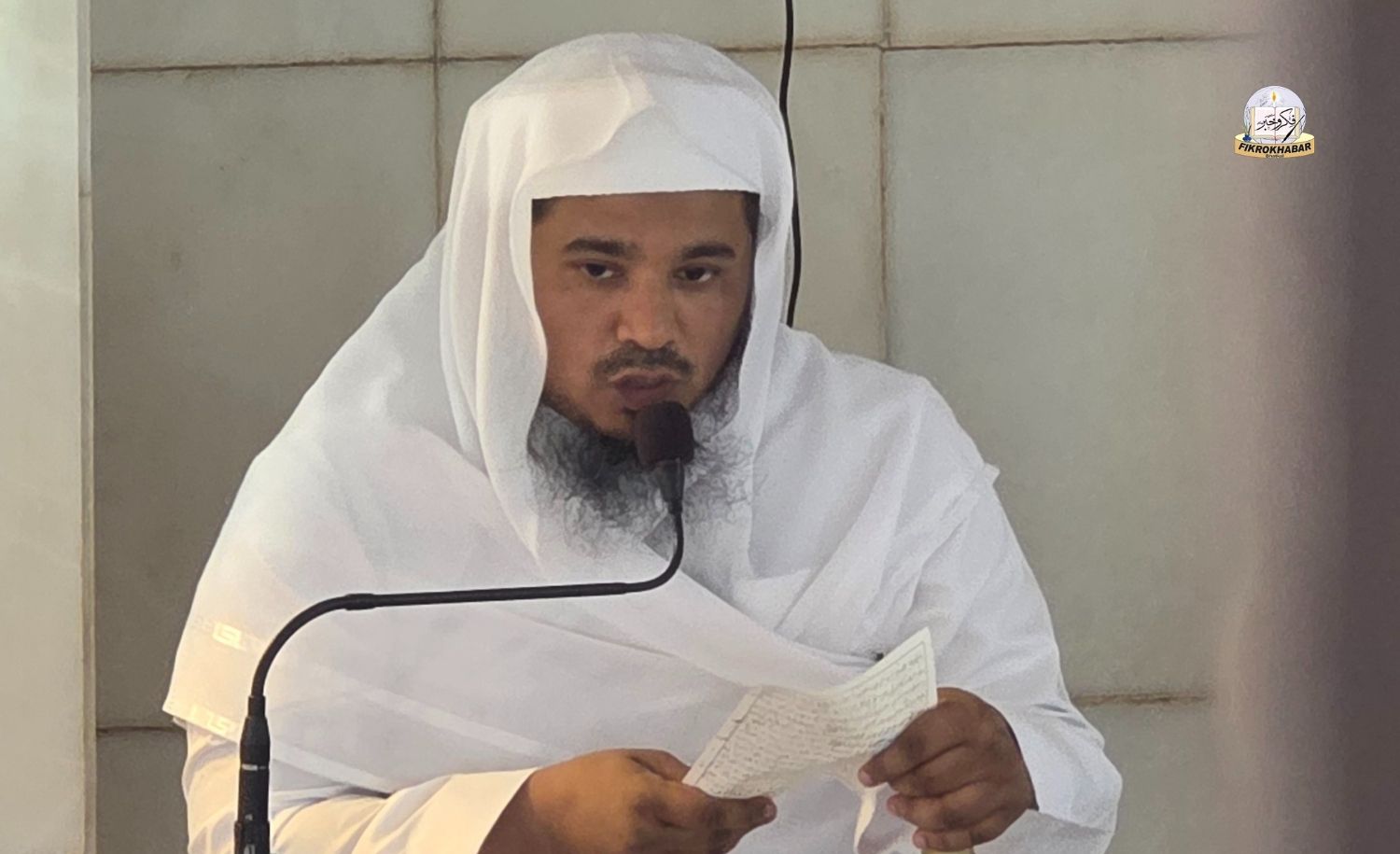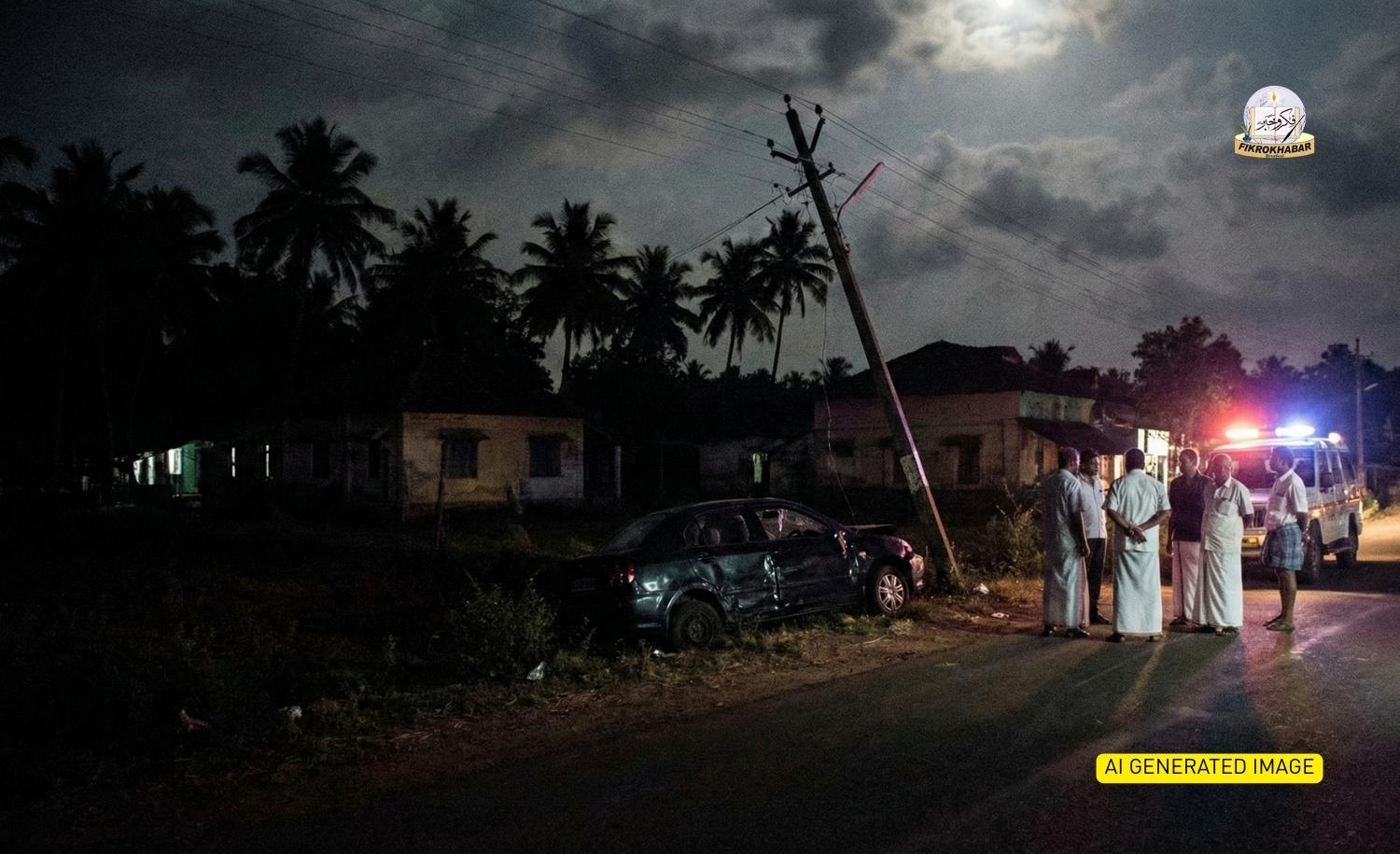“Muslims’ Role in India’s Freedom Is Deeper Than Commonly Told”: Friday Sermon at Jama Masjid Bhatkal

Maulana Abdul Aleem Khateeb Nadwi urges Muslims to study true history, uphold unity, and serve the nation on Independence Day
Bhatkal: In a powerful Friday sermon delivered at Jama Masjid Bhatkal on August 15, Maulana Abdul Aleem Khateeb Nadwi reflected on India’s Independence Day and called on Muslims to recognize their long and profound contributions to the subcontinent’s history, unity, and freedom. He emphasized learning accurate history, strengthening national service, and fostering communal harmony, while warning against distorted narratives that divide communities.
The sermon began with prayers and gratitude, followed by the Maulana’s reminder that celebrating Independence Day is the right of every citizen and a moment of shared national pride. He said Indian Muslims have always joined in this joy—and have also borne a major share of sacrifices for the country’s freedom and progress.
A longer, earlier struggle than popularly remembered
Maulana Nadwi stressed that the Muslim struggle against colonial rule was not a brief chapter, but a sustained resistance spanning more than two centuries. He cited key milestones and figures:
- The stand of Siraj-ud-Daulah in Bengal (1757), whose resistance to early British expansion ended in his martyrdom following betrayal.
- The organized campaigns of Tipu Sultan, who sought wider alliances—even reaching out to the Ottoman Caliphate—before his martyrdom in 1799.
- The 1803 fatwa of Shah Abdul Aziz declaring the changed political circumstances and the duty to resist colonial oppression, which inspired a new wave of activism.
- The movement of Shah Syed Ahmad Shaheed and his companions, who fought until their martyrdom.
- The Uprising of 1857 under Bahadur Shah Zafar’s nominal leadership, after which severe repression followed, including mass executions and the decimation of Delhi’s populace and leadership.
He said that despite overwhelming odds and punishments, Muslims continued individual and local efforts when organized resistance became difficult.
What Muslim rule brought to India
The Maulana argued that Muslim dynasties helped shape a united, connected, and prosperous India:
- Integration and unity: He said Muslim rulers helped link a fragmented land into a wider political and civilizational space, citing the scale and administrative cohesion under Mughal emperors like Akbar and Aurangzeb.
- Global connections: He noted that Muslim rule connected India to the wider world, boosting trade and diplomacy.
- Economic strength: Referencing historic descriptions of prosperity, he said India became renowned as a “golden bird,” with cities like Murshidabad once compared in wealth and stature to major European centers.
- Social equality: He emphasized that Islam’s ideals of equality and human dignity challenged rigid social hierarchies, introducing practices that placed kings and commoners shoulder-to-shoulder in worship and public life.
- Religious freedom: He rejected the claim that Islam spread by force in India, arguing that centuries of Muslim rule coexisted with a Hindu majority and the preservation of temples and traditions, which, he said, could not have survived widespread coercion.
According to the Maulana, many who embraced Islam did so because they were inspired by equality, justice, and dignity rather than compulsion.
“British rewrote history to divide us”
Maulana Nadwi said colonial powers understood that Hindu-Muslim unity would block their ambitions, so they promoted histories and narratives that obscured Muslim contributions and sowed mistrust. He urged the community to study authentic history, teach children the truth about India’s shared past, and resist divisive misinformation.
Call to service, sacrifice, and nation-building
The Maulana reminded listeners that Muslim rulers who settled in India saw the land as their home and worked for its development, unlike colonizers who extracted wealth and left poverty behind. He called on today’s generation to:
- Learn real history and convey it responsibly.
- Build courage, patience, and a spirit of sacrifice for the nation’s welfare.
- Work for India’s true progress, restore moral direction, and contribute positively in every field.
- Strengthen unity across communities and protect each other’s rights and places of worship.
He concluded with prayers for understanding, a return to truthful history, and the strength to serve the country with sincerity and integrity.
Source: Friday sermon (Jumuah Khutbah) delivered by Maulana Abdul Aleem Khateeb Nadwi at Jama Masjid



